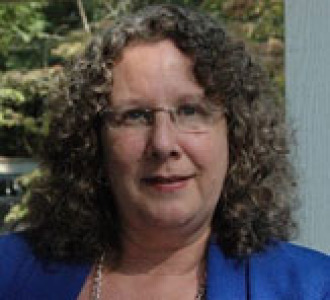WASHINGTON, Dec. 2, 2015 - The Department of Energy (DOE), in partnership with Israel’s Ministry of National Infrastructure, Energy and Water Resources (MIEW), recently announced funding recipients from the seventh annual Binational Industrial Research and Development (BIRD) Energy program.
BIRD brings together experts from the U.S. and Israel to encourage the use of clean energy technologies, foster natural gas regulations that encourage sustainable development, explore the energy-water nexus and enhance energy cybersecurity.
BIRD Energy funding projects must include one U.S. and one Israeli company, or a company in one of the countries paired with a university or research institution in the other. The companies must present a project that involves innovation in the area of energy and is of mutual interest to both countries. Qualified projects must contribute at least 50 percent to project costs and commit to repay up to 150 percent of the grant if the project leads to commercial success.
“Renewable energy and energy efficiency improvements are essential to shaping our clean energy future,” says Energy Secretary Ernest Moniz. “This partnership with Israel makes possible collaborative investments that move us closer to rigorous technology breakthroughs. These advancements are a key part of modernizing our energy infrastructure, enhancing our energy security and mitigating the risks of global climate change.”
The six approved projects, totaling $5.1 million, and their respective funding amounts are:
· 3GSOLAR (Israel) and Arkema (King of Prussia, Pennsylvania), $900,000, will develop thin and flexible printed solar photovoltaics (PV) for wireless electronics.
· Ayyeka Technologies Ltd. (Israel) and UIS Holdings Inc. (Dexter, Michigan), $1,000,000, will develop smart-grid solutions for industrial and commercial buildings to improve energy performance through remote metering and efficiency analytics.
· Haogenplast Ltd. (Israel) and Global Solar Energy Inc. (Tucson, Arizona), $900,000, will develop floating PV technology systems to reduce the cost of solar energy production over water reservoirs.
· Pentalum Technologies (Israel) and Texas Tech University, $900,000, will collaborate on the development of light detection and ranging that would use a system of lasers and software tools and controls to increase power output from wind farms.
· Solaris Synergy (Israel) and Pristine Sun LLC (San Francisco), $900,000, will collaborate on a utility scale, low-cost floating PV solar energy system for deployment on water.
· Yissum – The Hebrew University of Jerusalem and Applied Biomathematics Inc. (Setauket, New York), $500,000, will collaborate to develop software to better assess the impact of wind turbines on avian species, which could assist the permitting process to build wind farms and better protect birds and bats near these facilities.
#30
For more news, go to: www.Agri-Pulse.com

